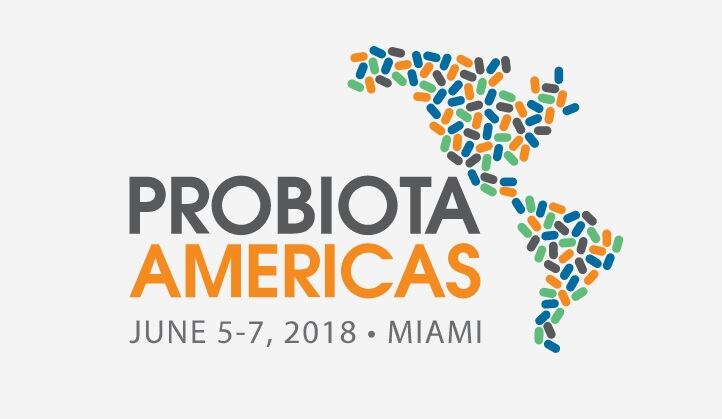Researchers at Wake Forest Baptist Medical Center in North Carolina report that eating a plant-based diet enhanced the good bacteria living in the gut by up to 7%, compared to a 0.5% from eating a more meat-centric, Western diet.
Led by Hariom Yadav, PhD, the researchers conducted a tightly controlled trial with female macaque monkeys (Macaca fascicularis) fed human-style Western and Mediterranean diets. The diets did not contain any fermented foods, and provided the same number of calories. However, the source of the calories was different, Dr Yadav told NutraIngredients-USA.
“Western- and Mediterranean-type diets are generally studied and exemplified as unhealthy and healthy dietary habits, respectively,” wrote the researchers in Frontiers in Nutrition. “Mounting evidence shows that diets rich in fiber and unsaturated fatty acids are important for maintenance of a diverse and healthy gut microbiome. Although we did not observe a remarkable difference in the overall microbiome signature between the two groups; we noted several interesting differences at family, genus, and species levels.
“Consistent with previous findings in different animal species including humans, this demonstrates that diet can have a strong influence on the gut microbiome communities in [non-human primates] and supports the notion that diet can affect the gut microbiota composition without causing dramatic changes in the overall microbial diversity.”
Study details
The monkeys were randomly assigned to either Western (WD) or Mediterranean diet (MD) groups and studied for 30 months. The Mediterranean diet consisted of fish oil, olive oil, fish meal, butter, eggs, black and garbanzo bean flour, wheat flour, vegetable juice, fruit puree and sucrose, while the Western diet consisted of lard, beef tallow, butter, eggs, cholesterol, high-fructose corn syrup and sucrose.
After two and half years, analysis of the gut microbiomes through fecal samples revealed that the gut bacteria diversity in the Mediterranean diet group was significantly higher than in the group that ate the Western diet.
“The responses of [non-human primate] gut microbiome toward these diets might differ from those of human microbiome; although we found several patterns of diet-induced differences similar to those reported previously in humans or small animals,” wrote the researchers. “This may be exemplified by higher abundance of Oscillospira (a genus belonging to the Ruminococcaceae family) in MD vs. WD group. Oscillospira species are generally prevalent in the gut of ruminants consuming diets rich in complex plant polysaccharides and are considered to be bacteria adapted to subsisting on vegetable-rich diet such as the MD. Interestingly, a higher intestinal carriage of Oscillospira has also been reported in humans consuming a MD.”
The researchers also found that the Mediterranean diet-fed animals had significantly higher abundance of Lactobacillus than the Western diet-fed monkeys.
“We have about 2 billion good and bad bacteria living in our gut,” Dr Yadav said. “If the bacteria are of a certain type and not properly balanced, our health can suffer. Our study showed that the good bacteria, primarily Lactobacillus, most of which are probiotic, were significantly increased in the Mediterranean diet group.”
Next steps
Commenting independently on the study’s finding, the scientific committee of the International Probiotics Association (IPA), told us: “This is an interesting study with clear results on the influence of diet on fecal microbiota composition.”
The committee spokesperson added that additional insights could have been achieved by sampling the microbiome in other parts of the intestine, in addition to the rectal/anal samples tested in the study.
“While the used animals represent a model for diet induced obesity; no data is presented on the health status of the animals,” said the IPA spokesperson. In response, Dr Yadav told us that the next step in their research will be to assess how these changes impact or improve cognitive function, metabolic, social behavior, and so on.
Probiota Americas 2018

Dr Hariom Yadav will discuss his results and the wider issue of colonization, diversity, and next generation probiotics during a panel at the upcoming Probiota Americas event in Miami, June 5-7.
This must-attend event will feature an array of scientific, business, and regulatory experts discussing how probiotics and prebiotics can beneficially impact public health and wellness.
For further information and to register, please click HERE.
Source: Frontiers in Nutrition
Published online, doi: 10.3389/fnut.2018.00028
“Gut Microbiome Composition in Non-human Primates Consuming a Western or Mediterranean Diet”
Authors: R. Nagpal et al.

